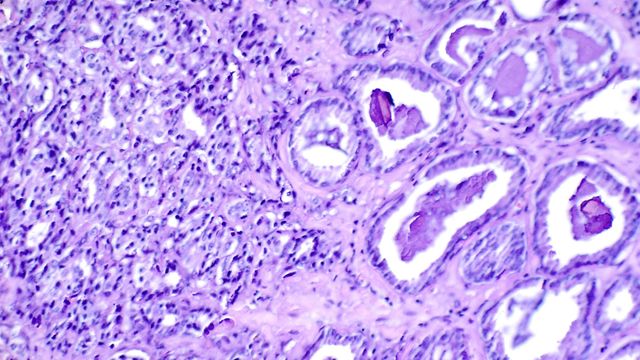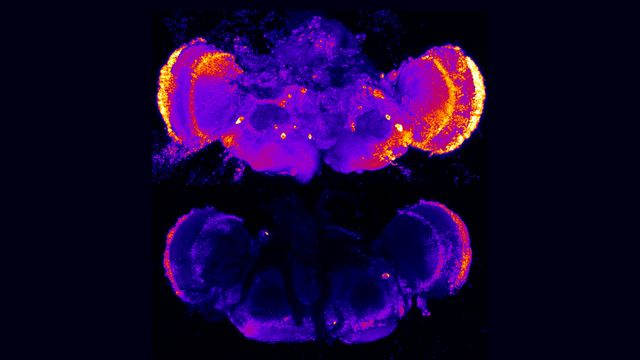Trending News
News
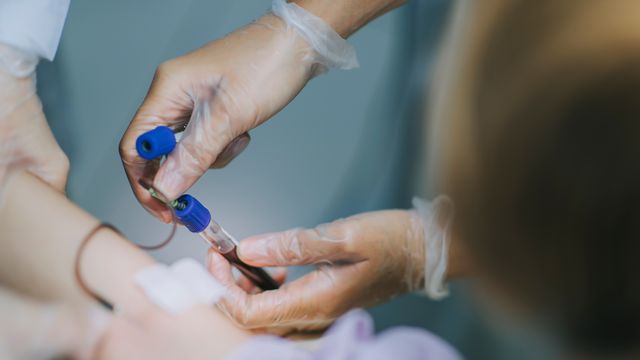
News
New Blood Test Method Promises Personalized Cancer Treatments
UZH and USZ researchers have now further developed an advanced method to analyze liquid biopsies of DNA fragments in the blood. It is fast and practical, without putting much of a strain on patients.
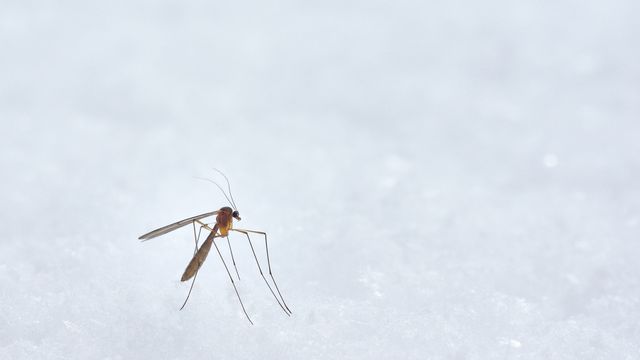
News
Childhood Obesity Doubles the Risk of Hospitalization for Dengue Virus Infection
Obesity in children is associated with double the risk of hospitalization for dengue virus infection, according to a study yesterday in PLOS Neglected Tropical Diseases.
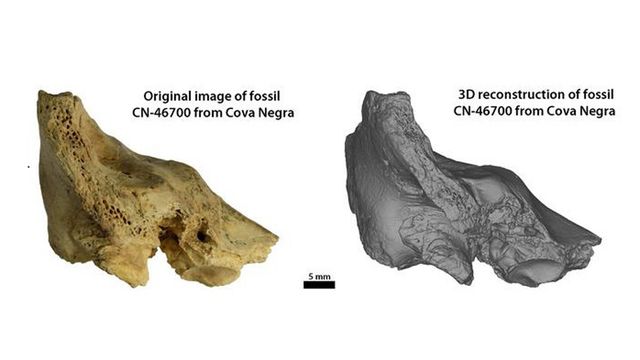
News
First Case of Down Syndrome Identified in Neanderthals
An international team including Binghamton anthropologist Rolf Quam documented the first case of Down syndrome in Neandertals by studying the fossil of a child found in a cave in Spain.

News
Daily Multivitamins Do Not Lower Risk of Death in Healthy Adults, Study Finds
A recent study, led by the National Institute of Health’s (NIH) National Cancer Institute, has investigated the association between taking multivitamins daily and mortality risk, finding there was not a lower risk of death among healthy adults.

News
Study Reveals Lasting Lung Damage from Childhood Air Pollution
Asthma and symptoms of bronchitis in youth do not fully account for the association in a study that underlines the need to reduce pollution according to scientists at the Keck School of Medicine of USC.

News
Can Science Explain Why We Procrastinate?
Understanding why we delay tasks may help reclaim productivity. New research suggests that a precise mathematical framework could improve our understanding of the different patterns of procrastination and their underlying reasons.

News
Breast Cancer Diagnosed With Near 100% Accuracy Using AI System
Scientists have developed a new AI architecture designed to detect breast cancer that the researchers say has achieved an accuracy rate of 99.72%.
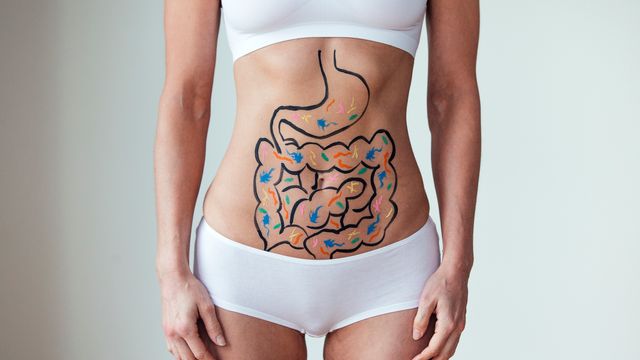
News
Largest Study to Date Links Gut Microbiome and Type 2 Diabetes Risk
Brigham, Broad, and Harvard Chan School researchers found that specific species and strains of bacteria were linked to changes in the functioning of the gut microbiome and a person’s risk of type 2 diabetes.
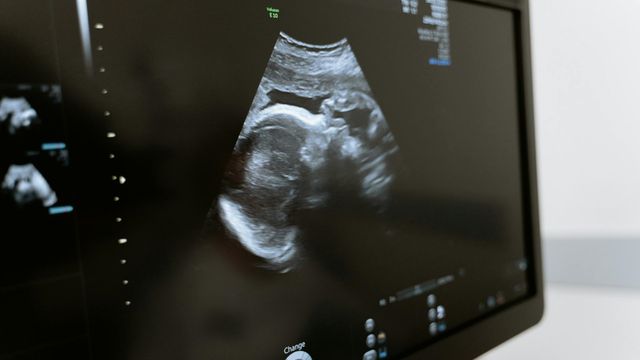
News
IVF Success Rates Affected by Even the Tiniest Traces of Elements
In a new study, some trace elements measured in ovarian follicular fluid were associated with differences in ovarian response to in vitro fertilization (IVF), which in turn, may affect the chance of getting pregnant.
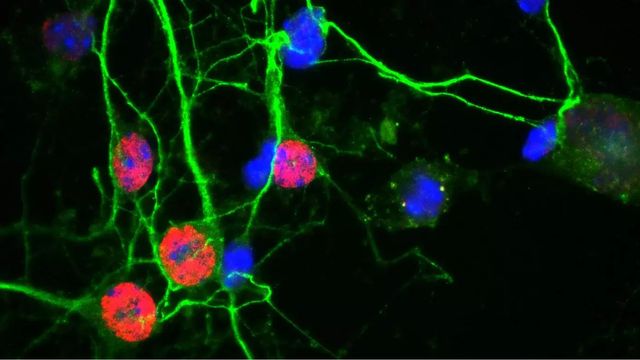
News
Subtypes and Sex Differences Discovered in ALS
Amyotrophic lateral sclerosis (ALS) is an almost always fatal neurodegenerative disease. Researchers have now discovered that ALS can be divided into subtypes and that there are clear differences in the molecular processes between men and women.
Advertisement
